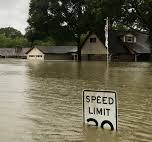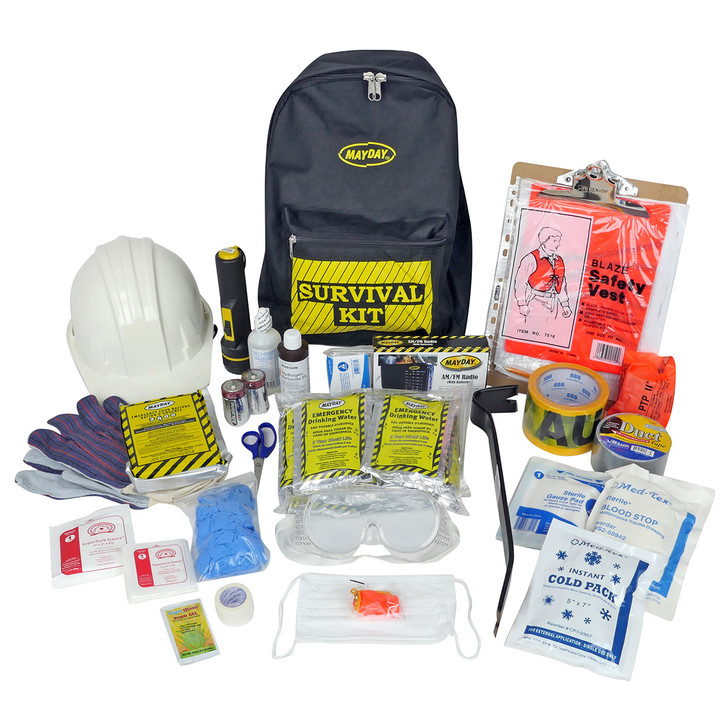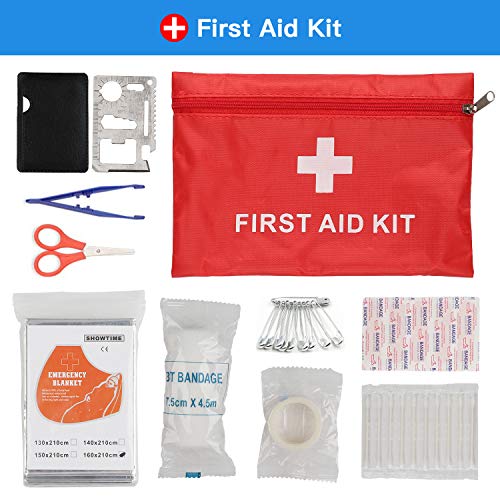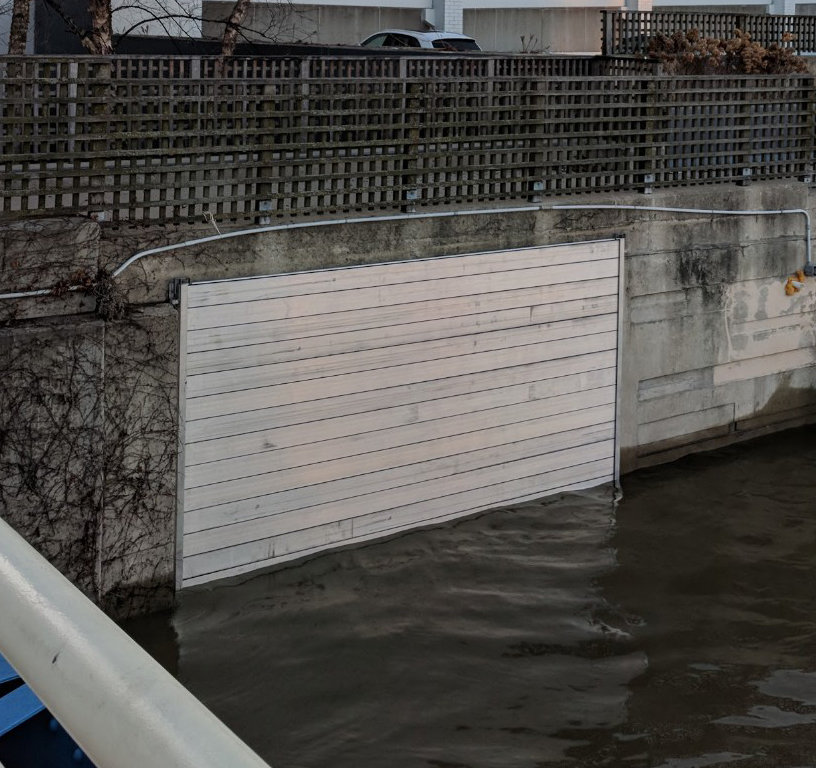The Impact of Flood Water: Understanding the Dangers
Flood water can have devastating effects on communities, infrastructure, and the environment. Understanding the dangers associated with flood water is crucial for preparedness and response efforts.
Contamination
One of the primary dangers of flood water is contamination. Flood water often carries a variety of pollutants, including sewage, chemicals, and debris. Contact with contaminated flood water can lead to serious health risks, such as infections and diseases.
Destruction
Flood water is a powerful force that can cause widespread destruction. It can erode soil, damage buildings, and sweep away vehicles and infrastructure. The force of flood water can be unpredictable and destructive, leading to significant property damage and loss.
Electrical Hazards
Another danger associated with flood water is electrical hazards. Flooded areas may contain exposed electrical wires or equipment, posing a risk of electric shock or fire. It is important to avoid contact with electrical sources in flooded areas to prevent accidents.
Fast Currents
Flood water often has fast-moving currents that can be dangerous to individuals caught in its path. Swift currents can sweep people off their feet and carry them away, increasing the risk of drowning or injury. It is essential to avoid walking or driving through flooded areas with strong currents.
Precautions
To stay safe during floods and minimize the risks associated with flood water, it is important to take precautions such as avoiding contact with flood water whenever possible, securing valuable belongings, and following evacuation orders issued by authorities.
By understanding the dangers of flood water and taking proactive measures to protect yourself and your community, you can help mitigate the impact of floods and ensure safety during challenging times.
Essential FAQs About Flood Water: Understanding Risks, Safety, and Protection
- What is flood water?
- Is flood water dangerous?
- How does flood water get contaminated?
- What health risks are associated with contact with flood water?
- How can I protect my home from flood water damage?
- Are there electrical hazards associated with flood water?
- What should I do if my area is flooded with contaminated water?
- How can I stay safe during a flood event?
What is flood water?
Flood water refers to an excess of water that accumulates on land, typically due to heavy rainfall, melting snow, or overflowing bodies of water like rivers and lakes. This inundation of water can lead to flooding, causing damage to property, infrastructure, and posing risks to human safety. Flood water is often contaminated with pollutants and debris, making it hazardous to come into contact with. Understanding the nature of flood water is essential for preparedness and response efforts in order to mitigate the potential dangers associated with flooding events.
Is flood water dangerous?
Flood water is indeed dangerous due to various reasons. It can be contaminated with sewage, chemicals, and debris, posing serious health risks upon contact. The force of flood water is powerful and destructive, capable of eroding soil, damaging structures, and sweeping away vehicles. Additionally, flood water may hide electrical hazards that can lead to electric shock or fire. Fast-moving currents in flood water increase the risk of drowning or injury. It is crucial to recognize the dangers associated with flood water and take necessary precautions to ensure personal safety and well-being during flood events.
How does flood water get contaminated?
Flood water becomes contaminated through various means during a flood event. When floodwaters inundate urban areas, they can pick up pollutants from sewage systems, industrial sites, and agricultural fields. This contaminated water may contain harmful bacteria, viruses, chemicals, and other hazardous substances. Additionally, as floodwaters flow over the land, they can collect debris, trash, and animal waste, further contributing to the contamination. The mixing of these pollutants with flood water poses significant health risks to individuals who come into contact with or consume the contaminated water. Understanding how flood water becomes contaminated is crucial for implementing effective measures to mitigate its impact on public health and the environment during and after a flooding event.
What health risks are associated with contact with flood water?
Contact with flood water poses significant health risks due to contamination from various pollutants. Flood water often contains sewage, chemicals, bacteria, and debris that can lead to serious infections and diseases when in contact with the skin or ingested. Exposure to contaminated flood water can result in gastrointestinal illnesses, skin infections, respiratory issues, and other health complications. It is crucial to avoid contact with flood water as much as possible and seek medical attention if you have been exposed to minimize the risk of adverse health effects.
How can I protect my home from flood water damage?
Protecting your home from flood water damage requires proactive measures to minimize risks and potential losses. Start by ensuring proper drainage around your property, including cleaning gutters and downspouts regularly to prevent water buildup. Consider installing a sump pump or a backflow valve to help manage excess water during heavy rains. Elevating appliances and electrical systems above potential flood levels can also safeguard them from damage. Additionally, sealing cracks in the foundation and walls, as well as using waterproof sealants on basement walls, can help prevent water infiltration. Lastly, having a comprehensive flood insurance policy in place can provide financial protection in case of flood-related damages to your home.
Are there electrical hazards associated with flood water?
Yes, there are significant electrical hazards associated with flood water. Flooded areas may contain submerged electrical wires, appliances, and equipment, which can pose a serious risk of electric shock or fire. It is crucial to avoid contact with any electrical sources in flooded areas to prevent accidents and injuries. Even if the power appears to be out, there could still be live electrical currents present in the water. It is essential to exercise caution and seek professional assistance to ensure that the area is safe before attempting any recovery or cleanup efforts in flooded areas to minimize the risk of electrical hazards.
What should I do if my area is flooded with contaminated water?
When faced with a situation where your area is flooded with contaminated water, it is crucial to prioritize your safety and well-being. Avoid direct contact with the contaminated water to prevent exposure to harmful pollutants and pathogens. If evacuation is possible, seek higher ground or move to a safe location away from the flooded area. Contact local emergency services or authorities for guidance on how to safely navigate the situation and access necessary support. Remember to follow any evacuation orders and avoid consuming or using contaminated water for any purposes. Taking swift and appropriate action in response to flooding with contaminated water can help protect yourself and others from potential health risks associated with exposure to pollutants.
How can I stay safe during a flood event?
During a flood event, staying safe is paramount to protect yourself and your loved ones. To ensure your safety during a flood, it is essential to follow some key guidelines. First and foremost, always listen to local authorities and evacuate immediately if instructed to do so. Avoid walking or driving through flood waters, as even shallow water can be deceptive and hide hazards like debris or fast-moving currents. If you are indoors, move to higher ground and stay there until it is safe to return. Keep emergency supplies handy, such as food, water, medications, and a flashlight. By staying informed, prepared, and following safety protocols, you can increase your chances of staying safe during a flood event.




